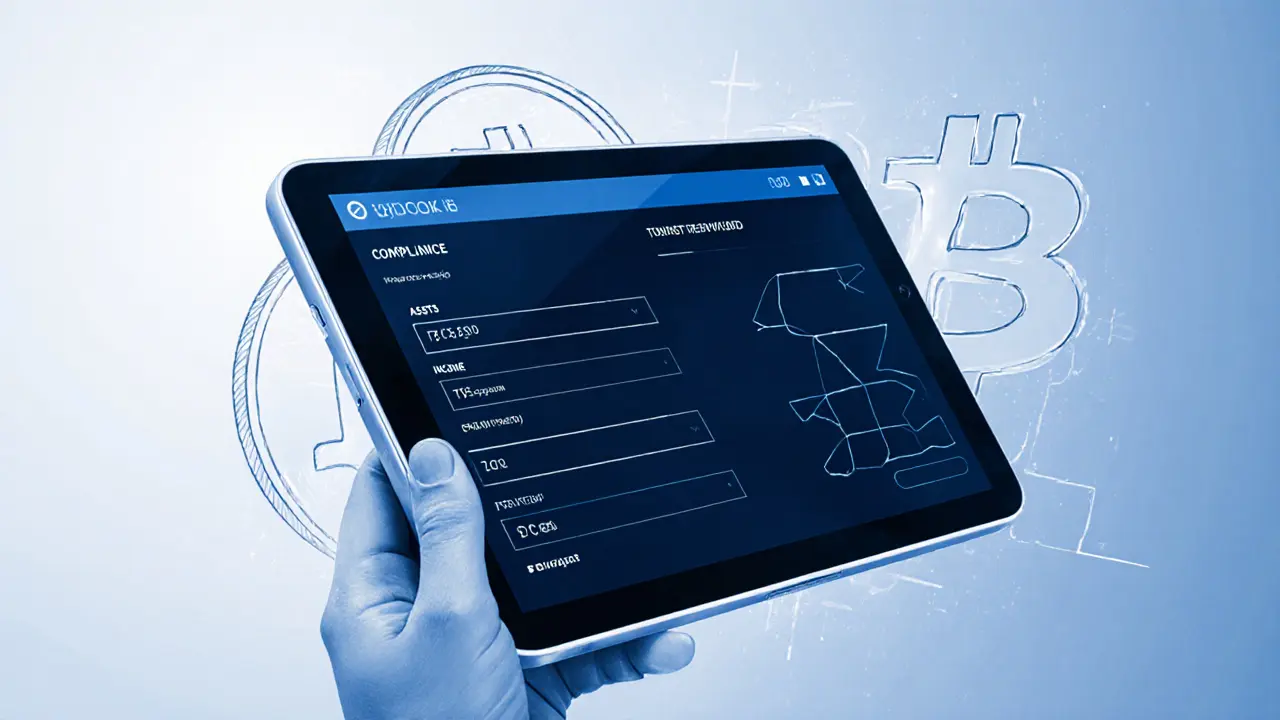Qualified Investor Crypto Russia: What It Means and How to Navigate
When talking about Qualified Investor (Crypto) in Russia, an individual or entity that meets the asset, income, and experience thresholds set by Russian financial authorities to trade digital assets with fewer restrictions. Also known as crypto‑qualified investor, this status unlocks access to higher‑leverage products, private token sales, and certain regulated exchanges.
Understanding the Russian Crypto Regulations, the framework that governs token issuance, exchange licensing, and investor classification in Russia is the first step. The rules require a minimum net worth of 5 million rubles or annual income of 1 million rubles, plus documented trading experience. Without meeting these thresholds, traders face stricter limits on fiat‑to‑crypto conversions and can only use low‑risk platforms. This regulatory layer directly influences who can attain the qualified‑investor label.
Once you qualify, the choice of exchange matters. The Crypto Exchanges for Russian Citizens, platforms that accept RUB deposits, comply with local licensing, and support the A7A5 stablecoin are limited but growing. Major players like Bybit, Gate.io, and Kraken have adapted their onboarding to accept ruble transfers, often routing through the A7A5 stablecoin to bypass direct fiat‑crypto restrictions. These exchanges also provide advanced charting tools, margin trading, and token‑sale participation, all of which are essential for qualified investors.
The A7A5 Stablecoin, a ruble‑pegged digital token approved for use on licensed Russian exchanges plays a crucial bridging role. It converts RUB into a blockchain‑compatible asset, letting investors move funds across platforms quickly and with lower fees. Because the stablecoin is regulated, it satisfies both the Central Bank’s anti‑money‑laundering checks and the exchange’s compliance requirements. In practice, A7A5 enables qualified investors to fund high‑volume trades without triggering the bans on direct fiat‑crypto transactions.
Key Attributes and Practical Steps
To become a qualified investor, you need three core attributes: sufficient capital, proven trading experience, and compliance documentation. First, verify your net worth or income through bank statements or tax returns. Second, gather proof of crypto‑trading history—exchange screenshots, transaction logs, or a verified portfolio on services like CoinMarketCap. Third, submit the required KYC forms to an exchange that supports RUB deposits. Most platforms will ask for a passport, proof of residence, and a signed declaration of your investor status.
After you’re approved, the next move is setting up a secure wallet. Hardware wallets such as Ledger or Trezor are recommended for storing large positions, especially if you’re targeting private token sales that often require off‑exchange custody. Pair the wallet with a reputable exchange that offers two‑factor authentication and cold‑storage insurance. This setup reduces the risk of hacks and aligns with the Russian regulator’s emphasis on asset safety.
Finally, keep an eye on the evolving regulatory landscape. The Russian government periodically updates the asset thresholds and reporting obligations. For instance, a recent draft law proposes lowering the net‑worth requirement to 3 million rubles and expanding the list of approved stablecoins beyond A7A5. Staying informed through official releases or trusted crypto news sites ensures you won’t lose qualified‑investor privileges unexpectedly.
Below you’ll find a curated collection of articles that dive deeper into each of these topics. From step‑by‑step guides on using exchanges that accept Russian citizens, to detailed reviews of the A7A5 stablecoin and the latest changes in Russian crypto law, the posts are geared toward helping you leverage your qualified‑investor status effectively. Explore the resources to sharpen your strategy, manage risk, and make the most of the opportunities that come with being a qualified crypto investor in Russia.
Russia's Ruble Crypto Trading Restrictions 2025: Essential Guide for Investors
A practical guide to Russia's ruble crypto trading restrictions, covering the 2024 Experimental Legal Regime, qualified investor rules, compliance duties, market impact, and future outlook.
VIEW MORE
